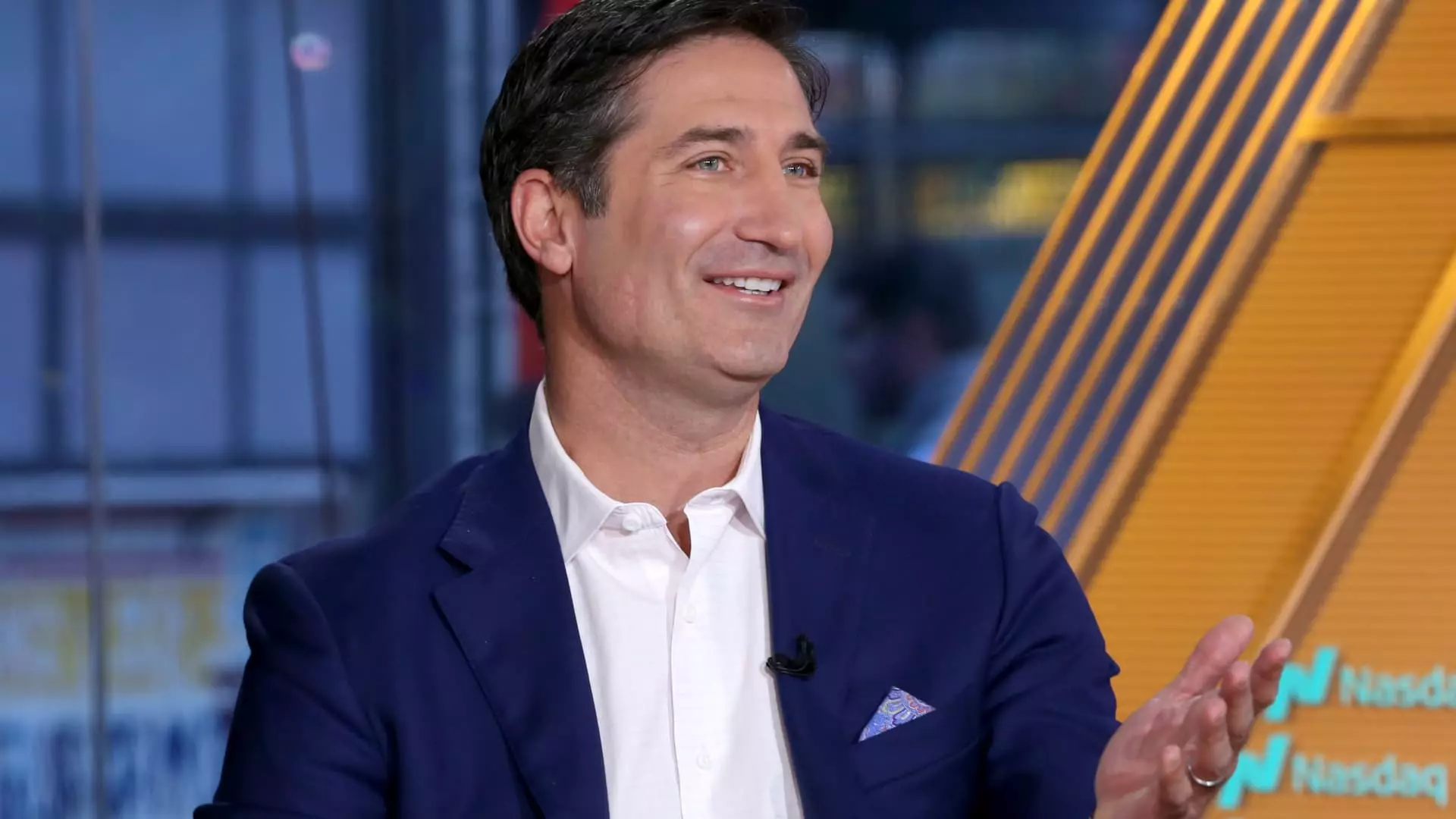Starbucks has offered Brian Niccol, the incoming CEO and Chair, a substantial pay increase and one-time awards in order to attract him from his previous position at Chipotle Mexican Grill. This move raises questions about the company’s decision-making process and whether such a significant financial incentive is truly necessary to secure top talent. While it is true that a competitive compensation package is essential for attracting qualified individuals to leadership positions, the sheer size of Niccol’s pay package may be cause for concern.
The majority of Niccol’s compensation package at Starbucks is made up of equity that vests over time and is tied to company performance targets and other metrics. This type of compensation structure aligns Niccol’s interests with those of the company, as his pay is directly tied to the success of Starbucks. However, the sheer size of the potential payout raises questions about the company’s commitment to responsible executive compensation practices.
Niccol’s previous compensation package at Chipotle was already quite substantial, with a base salary of $1.3 million and total compensation of $22.5 million. His compensation at Chipotle was heavily tied to stock awards and options, which saw substantial gains during his tenure. While it is understandable that Niccol would expect a similar level of compensation in his new role, the sheer size of his pay package at Starbucks raises questions about the company’s commitment to responsible executive compensation practices.
Niccol’s pay package at Starbucks is substantially more generous than that of his predecessor, Laxman Narasimhan. Narasimhan’s base salary was $1.3 million, with possible cash bonuses of up to $5.85 million and equity awards of $13.6 million. In fiscal 2023, Narasimhan’s compensation was valued at $14.6 million, largely from stock awards. This comparison raises questions about the company’s decision-making process and whether the size of Niccol’s pay package is truly warranted.
Starbucks’ decision to offer Brian Niccol a substantial pay increase and one-time awards to join the company raises questions about the company’s commitment to responsible executive compensation practices. While it is important to offer competitive compensation packages to attract top talent, the sheer size of Niccol’s pay package may be cause for concern. Moving forward, Starbucks should carefully consider the implications of such a significant financial incentive and ensure that executive compensation practices are aligned with the long-term interests of the company and its stakeholders.

